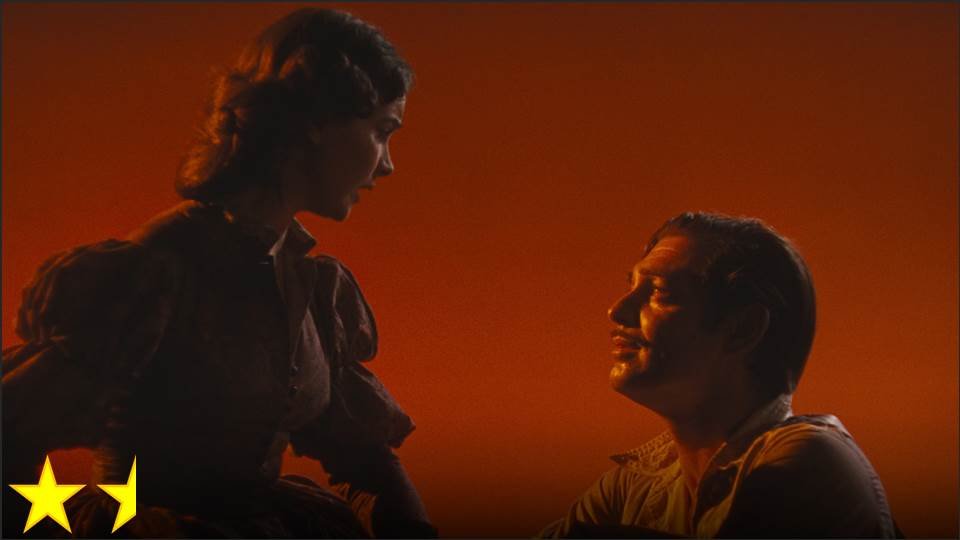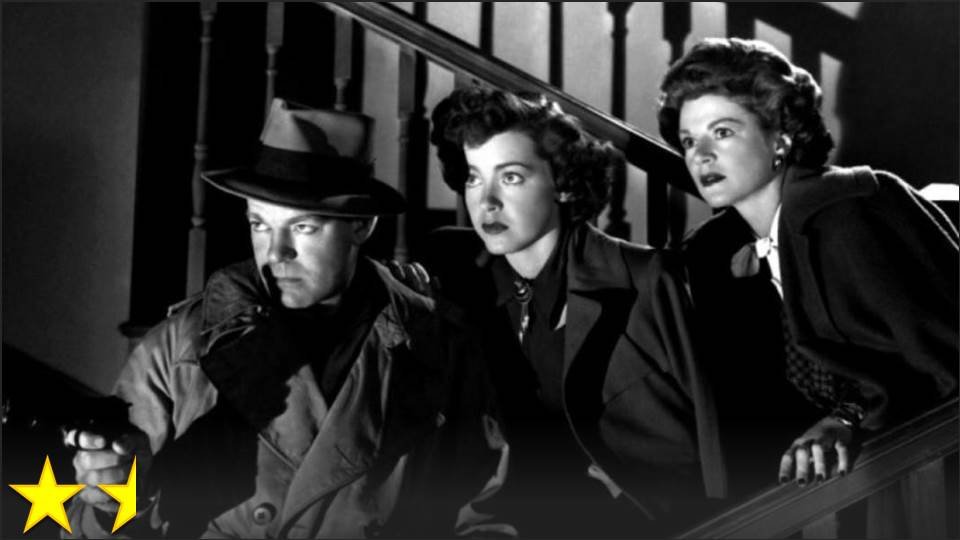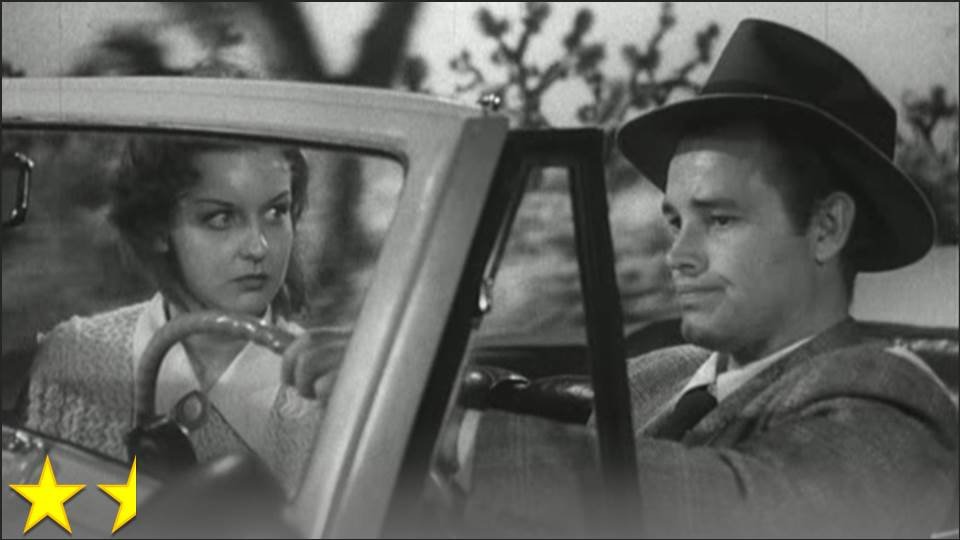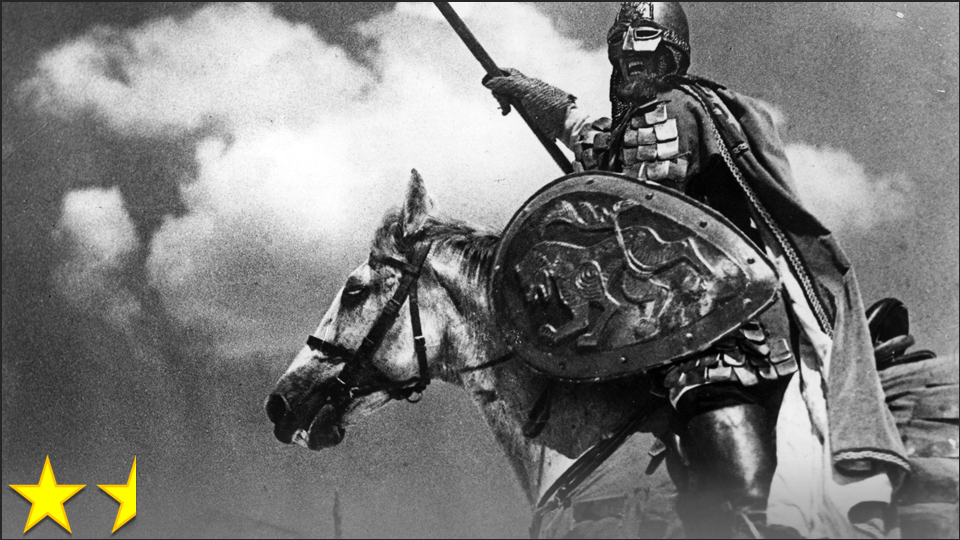This is perhaps the most wasteful film I have ever seen in my life.
There is a tendency in film criticism to give the highest value and praise to films that show off the power of cinema – the epics that make the medium seem overpowering, thunderous, and majestic, even if the stories they tell are terrible. Gone with the Wind, as impressive as it may have been at the time, was the Oscar-bait of its time, and it feels like another one of those films that panders to those who just want a film that looks really cinematic and beautiful and has some unconventional storytelling elements. Ultimately, however, the problem is the characters. These people exist in a world that seems so distant from my conception of American history, yet it seems to be trying to offer a genuine perspective that many people had, and I get the impression that this film appealed to those subscribed to the “Lost Cause of the Confederacy” narrative, which just isn’t me. The one of the film’s main theses seems to be, “have pity on the poor slave-owners who lost the war,” and I simply don’t have the capacity to do that.
Not only are the general vibes and themes of the film off-putting for me, but the main character is simply unbearable throughout most of the film. I can deal with focusing on a character I don’t entirely like, but the problem here is that this is a four-hour romantic epic that can only hold my attention by being romantic. When the romantic lead is a rotten, spoiled brat who hardly seems human, the romance fails, and the film becomes uninteresting. I also find her values incomprehensible, because the obsession with the family’s land seems entirely stupid – it’s just dirt, and there is nothing special about it. Everything the film romanticizes is unromantic, and as impressive, powerful, and beautiful as the film is technically, visually, and musically, it can’t trick me. A Clockwork Orange is impressive because it made me care about a character I knew I was supposed to hate, but Gone with the Wind couldn’t make me like a character whom I desperately needed to like in order to make it through all four hours, which is utterly pathetic. Even if most of the complaints I’ve expressed appear to be about things that may have been done on purpose, I still feel as though my time has been wasted.
Frankly, my dear, shut up.




